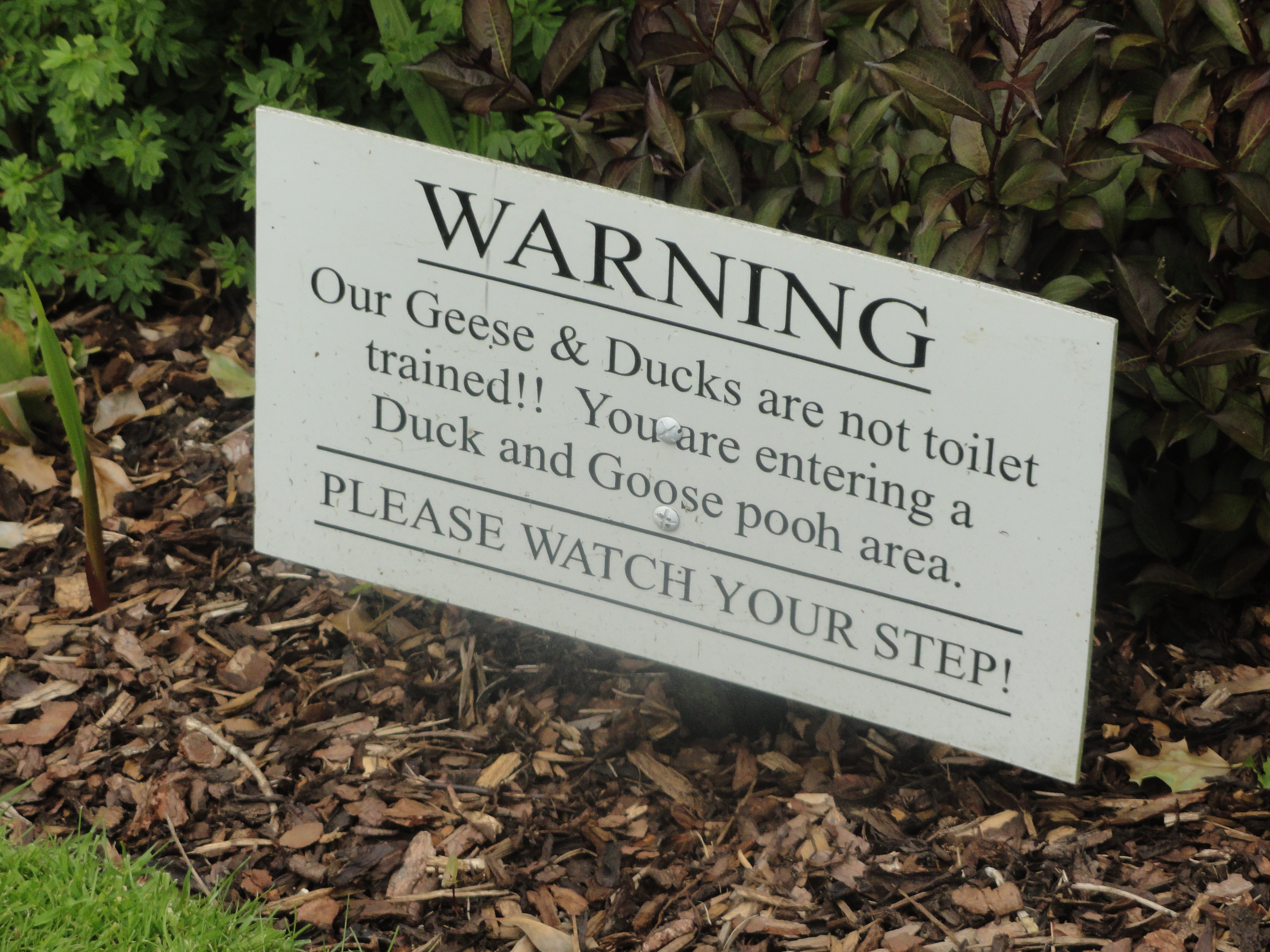
Life has some inconvenient realities. Be happy anyway! Admire the beautiful birds, but watch your step.
Seeing and avoiding Negativity (and poop)
photo by Sandra Dodd, at Oakley Court, on the bank of the Thames, near Windsor

Kes's mom wrote:
It’s the shadow of a piece of seaweed on a chalk stone. He took the photo because he spotted that it looks like a mermaid 🧜🏼♀️ (a steam punk mermaid perhaps). Taken at Holywell beach, Eastbourne.
Sandra says:
That's on the south end of England, halfway between Brighton and Hastings, for those whose map of England comes from history and literature. (← That was me, until I got to go and run around there some.)The rock above the chalk mermaid is flint. There are medieval churches built of flint. It was mined, underground, by stone-age people.
Be with your children, but don't expect their thoughts and emotions to always be with you.
Flex your make-believe.




Unschooling allows free use of any and all bits of information, not just school's small set. A grid based first on cartoon characters or the history of ice skating can be expanded just as well as one built on a second-grade version of the discovery of North America and the made-up characters in some beginning-reader series. If the goal is to know everything, and if each person's internal "universe" is unique, then the order in which the information is acquired isn't as important as the ease and joy with which it is absorbed.
The time will come in your unschooling when you will forget to use checklists, but it won't matter. The child's internal grid will already have given them the need to know what things feel, smell and taste, and what they used to be or will be, and whether it's different in other places. Connections will continue to be made throughout their lives. The universe inside will grow larger and the universe outside will become clearer with every new experience.